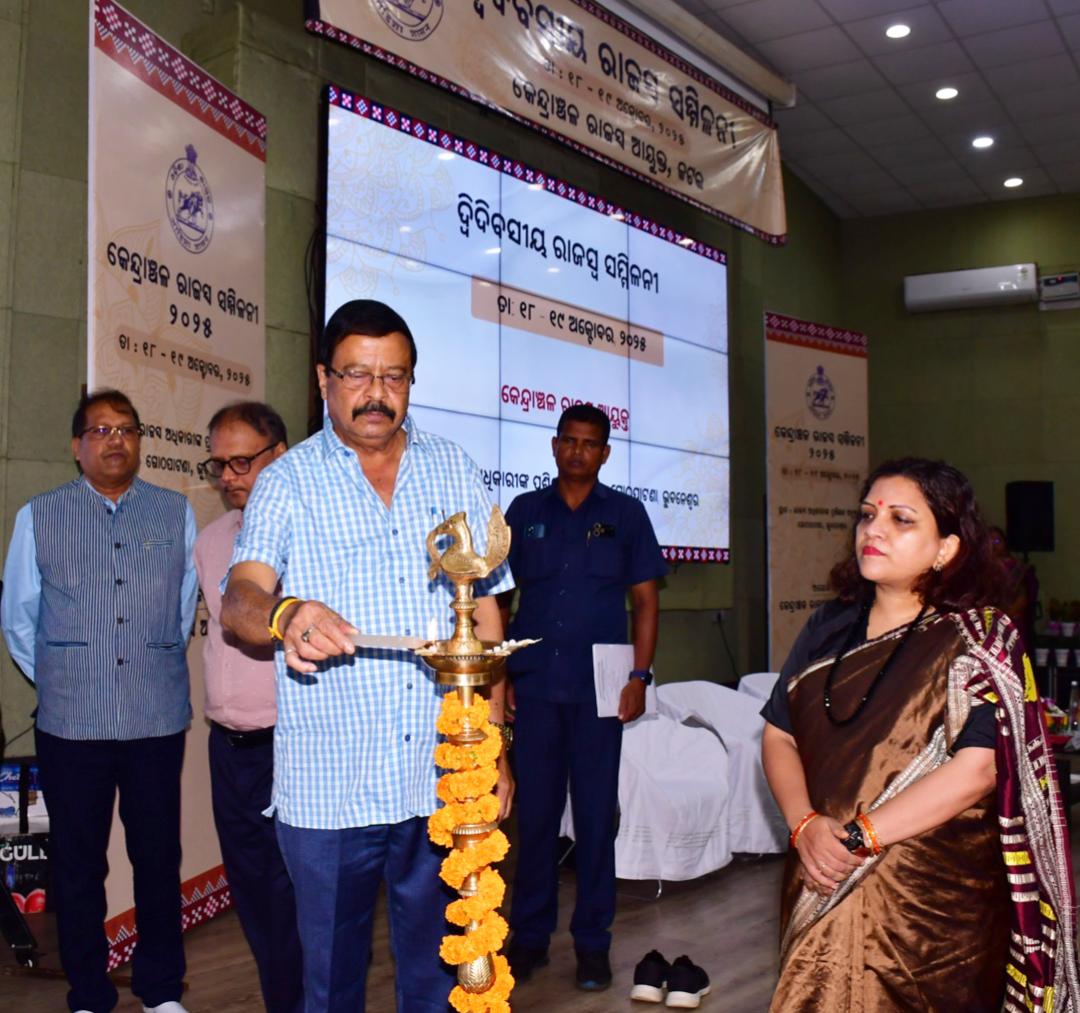Bhubaneswar: Revenue officers have been directed to prioritize making revenue services easy and people-oriented and to reach the public “at the right time,” as the government moves towards necessary amendments and reforms in the Revenue Act.
The call came from Revenue and Disaster Management Minister Shri Suresh Pujari, who inaugurated the two-day Central Revenue Conference organized at the Revenue Officers Training Institute (ROTI) in Gothapatna, Bhubaneswar.
Minister Shri Pujari emphasized the need to simplify revenue law in the interest of the people and leverage modern technology to enhance the efficiency of revenue services. He instructed officers to find solutions for the people’s land accumulation problem to ensure proper service delivery.
While the primary duty of a revenue officer remains the protection of government property and the removal of encroachments, the Minister also stressed the importance of providing land required for government projects. He specifically directed Tehsildars to prepare a database regarding the land tenure status of their respective areas.
Acknowledging the increasing scope of work, Shri Pujari nonetheless urged officers to strive to deliver services within the stipulated time limit. This commitment, he noted, is crucial for achieving the state’s goals of a prosperous Odisha by 2036 and a developed India by 2047.
Additional Chief Secretary and Member Board of Revenue, Shri Deoranjan Kumar Singh underscored the officers’ responsibility to successfully implement all revenue laws enacted for public benefit. He cautioned revenue officers to be meticulous, ensuring the people receive the real benefit of revenue services.
The event was held under the chairmanship of Central Revenue Commissioner Smt. Guha Punam Tapas Kumar. District Collectors from 10 districts of the Central Region participated in the conference virtually.
In essence, the conference served as a platform to mandate a shift towards a more efficient, transparent, and time-bound revenue administration, bolstered by legislative reforms and technological integration.


